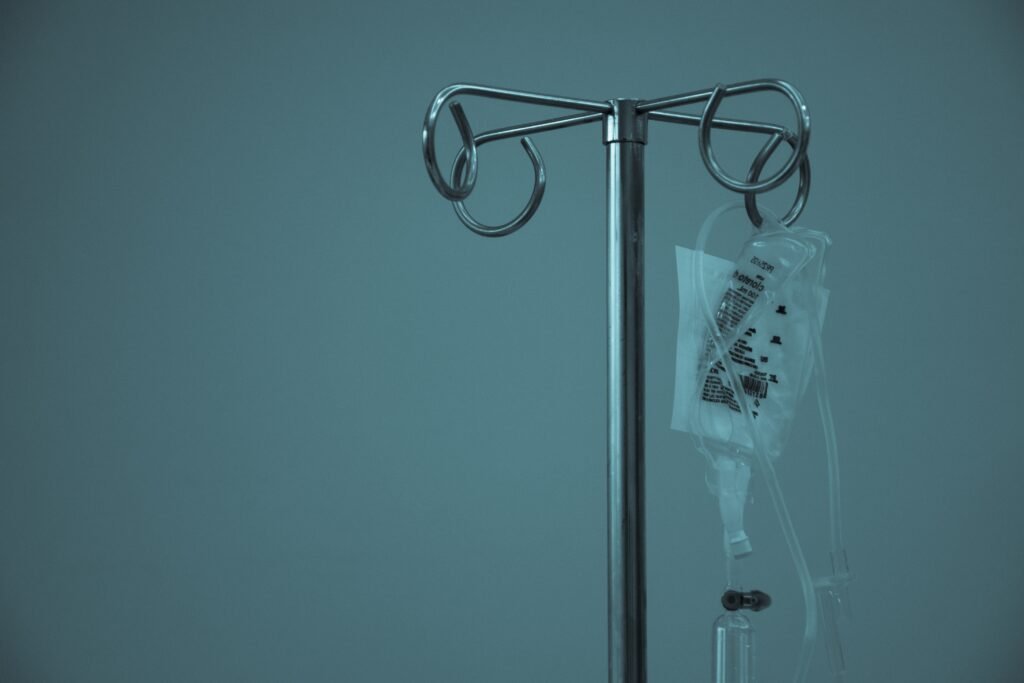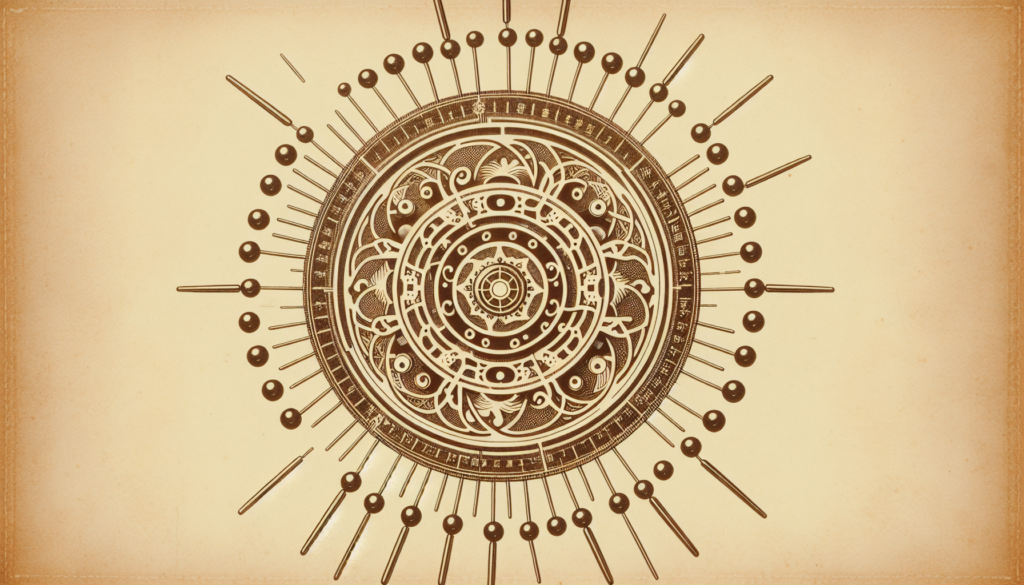Have you ever wondered how acupuncture works and what conditions it can effectively treat? Well, look no further. This article aims to shed light on the fascinating practice of acupuncture and provide insight into the wide range of ailments it can help alleviate. Whether you’re curious about the healing power of acupuncture or seeking natural remedies for specific health issues, get ready to discover the wonders of this ancient Chinese therapy.
What is Acupuncture?
Acupuncture is a traditional Chinese medicine practice that involves inserting thin needles into specific points on the body. These points, known as acupuncture points or acupoints, are believed to be connected to pathways called meridians, through which the body’s vital energy, or Qi, flows. By stimulating these acupoints, acupuncture aims to restore balance and promote the body’s natural healing abilities.
Historical Background
Acupuncture has been practiced in China for thousands of years and has a rich historical background. It originated from ancient Chinese theories of Yin and Yang, as well as the Five Elements. These concepts are crucial to understanding the philosophy behind acupuncture. Traditional Chinese medicine views health as the harmonious balance of Yin and Yang and the harmonious interaction of the Five Elements. Acupuncture was initially developed as a means to restore this balance and maintain overall well-being.

Theory of Acupuncture
The theory behind acupuncture is based on the belief that disruptions in the flow of Qi can lead to imbalances and illness. By inserting needles into specific acupoints, acupuncture practitioners aim to stimulate the flow of Qi and restore balance to the body. It is believed that these acupoints are interconnected by meridians, which are channels through which Qi flows. Acupuncture works by removing blockages in these meridians, allowing Qi to flow freely and promoting healing.
Mechanism of Action
Acupuncture works through various mechanisms of action, which have been extensively studied and documented. One of the main mechanisms is the stimulation of nerves. When the needles are inserted into specific acupoints, they trigger nerve impulses that travel to the brain and spinal cord. This stimulation can release endorphins, which are natural pain-relieving and mood-enhancing chemicals produced by the body.

Stimulation of Nerves
The insertion of acupuncture needles can stimulate sensory nerves, which transmit signals to the brain and spinal cord. These signals can activate various physiological responses, such as pain modulation, muscle relaxation, and the release of neurotransmitters and hormones. The stimulation of nerves also promotes blood circulation, which delivers oxygen and nutrients to tissues while removing waste products.
Release of Endorphins
Endorphins are neurotransmitters that act as natural painkillers and mood enhancers. Acupuncture has been shown to stimulate the release of endorphins, which can help alleviate pain and improve emotional well-being. The release of endorphins can also have a positive impact on various bodily functions, including immune function, digestion, and sleep.

Conditions Treated by Acupuncture
Acupuncture is a versatile therapy that can be used to treat a wide range of conditions. It is commonly employed for pain management, mental health disorders, digestive disorders, respiratory conditions, reproductive system issues, neurological disorders, chemotherapy side effects, and other medical conditions.
Pain Management
Acupuncture is renowned for its effectiveness in treating pain. It can provide relief for various types of pain, including musculoskeletal pain, headaches, migraines, and chronic pain conditions such as fibromyalgia. By stimulating acupoints associated with pain modulation, acupuncture can help reduce pain intensity and frequency, improve joint function, and enhance overall well-being.

Mental Health Disorders
Acupuncture has been found to be beneficial for mental health conditions such as anxiety, depression, and insomnia. By regulating the nervous system and promoting the release of endorphins, acupuncture can help reduce anxiety and stress levels, improve mood and sleep quality, and enhance overall mental well-being. It can be used as a complementary therapy alongside traditional treatments for mental health disorders.
Digestive Disorders
Acupuncture can be used to address various digestive disorders, including irritable bowel syndrome (IBS), acid reflux, and constipation. By stimulating specific acupoints, acupuncture can help regulate digestive functions, reduce inflammation, and alleviate symptoms such as abdominal pain, bloating, and indigestion. It can also enhance nutrient absorption and promote gut health.

Respiratory Conditions
Acupuncture has shown promising results in the treatment of respiratory conditions such as asthma, allergies, and chronic bronchitis. By stimulating acupoints related to lung health and immune function, acupuncture can help reduce bronchial inflammation, improve lung function, and alleviate symptoms such as coughing, wheezing, and shortness of breath. It can be used as a complementary therapy alongside conventional respiratory treatments.
Reproductive System Issues
Acupuncture can be beneficial for addressing reproductive system issues in both men and women. It has been used to support fertility, regulate menstrual cycles, and alleviate symptoms of menopause. Acupuncture can help balance hormone levels, improve blood circulation to the reproductive organs, and reduce stress and anxiety associated with fertility issues. It can be used as a complementary therapy alongside conventional fertility treatments.
Neurological Disorders
Acupuncture has been found to have positive effects on various neurological disorders, including migraines, neuropathy, and multiple sclerosis. By stimulating specific acupoints, acupuncture can help regulate neurochemical imbalances, reduce inflammation, and alleviate symptoms such as headaches, numbness, tingling, and muscle weakness. It can be used as a complementary therapy alongside conventional neurological treatments.
Chemotherapy Side Effects
Acupuncture can be used to manage the side effects of chemotherapy, including nausea, vomiting, fatigue, and pain. By stimulating acupoints associated with symptom relief, acupuncture can help alleviate chemotherapy-induced side effects and improve overall quality of life during cancer treatment. It can also help boost immune function and support overall well-being.
Other Medical Conditions
In addition to the conditions mentioned above, acupuncture has been found to be beneficial for various other medical conditions, including allergies, hypertension, insomnia, skin conditions, and addiction. The comprehensive approach of acupuncture, which aims to address the underlying imbalances in the body, can promote overall health and well-being, leading to improvements in various medical conditions.
In conclusion, acupuncture is a time-tested practice that has been used for centuries to promote healing and restore balance in the body. By stimulating specific acupoints, acupuncture can activate various mechanisms of action, such as nerve stimulation and endorphin release, which contribute to its therapeutic effects. Acupuncture can be utilized to address a wide range of conditions, including pain management, mental health disorders, digestive disorders, respiratory conditions, reproductive system issues, neurological disorders, chemotherapy side effects, and other medical conditions. With its holistic approach, acupuncture offers a safe and effective option for those seeking natural healing and improved well-being.


